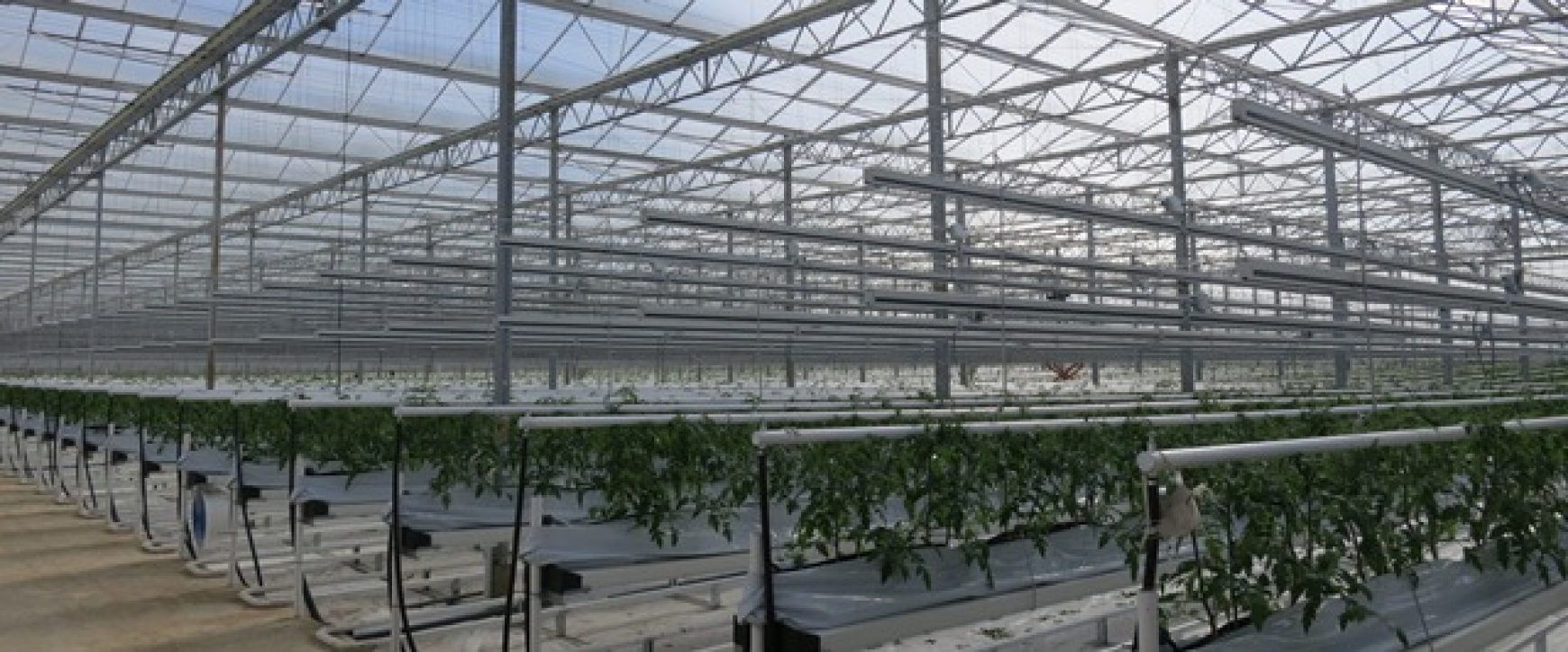Carbon Capture and Storage (CCS) has been recently developed to help reduce the levels of carbon dioxide (CO2) entering the atmosphere, where it contributes towards the greenhouse effect and climate change. CCS technology can capture up to 90% of CO2 emissions from the combustion of fossil fuels in energy production and other industrial processes. Although, whilst the CO2 is prevented from entering the atmosphere, it still has to be stored, typically underground in depleted oil and gas fields.
A three-month project, between a Dutch environment consultancy and Imperial College, London, has investigated the potential for using captured CO2 in the UK. This is known as carbon capture and utilisation (CCU). Among the proposed uses for captured carbon are building products and synthetic fuels.
Another potential use is CO2 enrichment in horticultural applications. It is not uncommon for growers to run their boilers, even when heat is not required, because this is a cheaper method of CO2 production than buying in pure CO2. This, in my opinion, is a very wasteful use of energy and fuel. Even if the fuel is biomass, as opposed to a fossil fuel, this strikes me as an unsustainable approach.
Given what we know now about the effects of CO2 on the planet, a more favourable solution would be to utilise what is already an abundant by-product of burning carbon-based fossil fuels. Therefore, if CCU can provide a cost-effective alternative to burning additional fuel, this is surely preferable from all perspectives.
Capturing CO2 emissions has several benefits:
- It is prevented from entering the atmosphere, where it contributes to ‘global warming’.
- It can be used to manufacture new products, or to help crop growth in greenhouses.
- The burning of additional fuel to specifically produce CO2 can be reduced.
CCU isn’t exclusive to the UK. A new clean energy project in India is turning carbon emissions into various compounds, including baking soda. Once CCU can be demonstrated as commercially viable, it could become big business, yet again exemplifying how what is waste to some, has great value to others.


